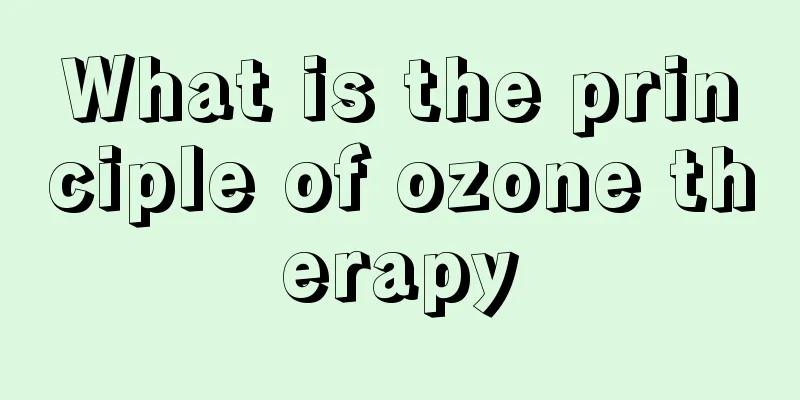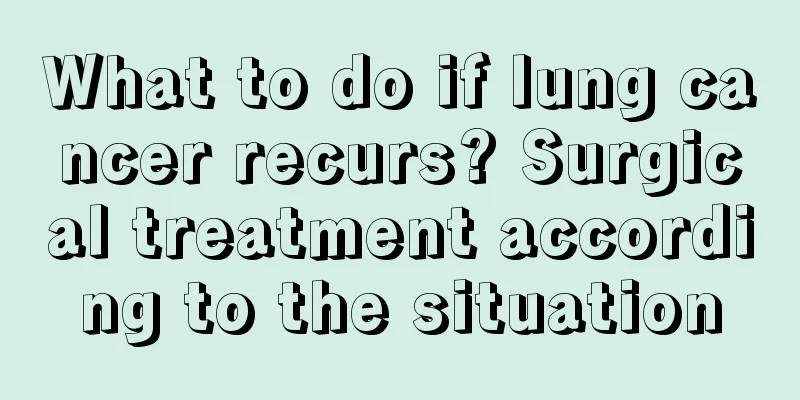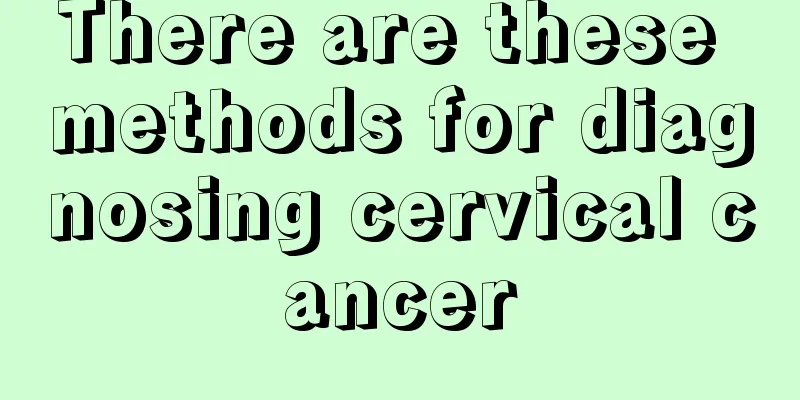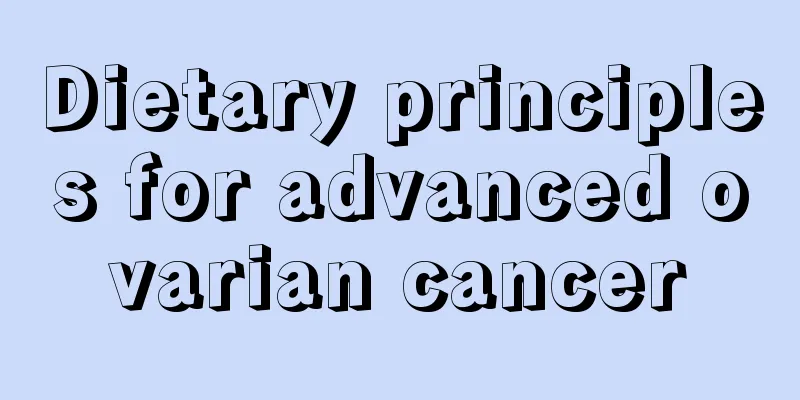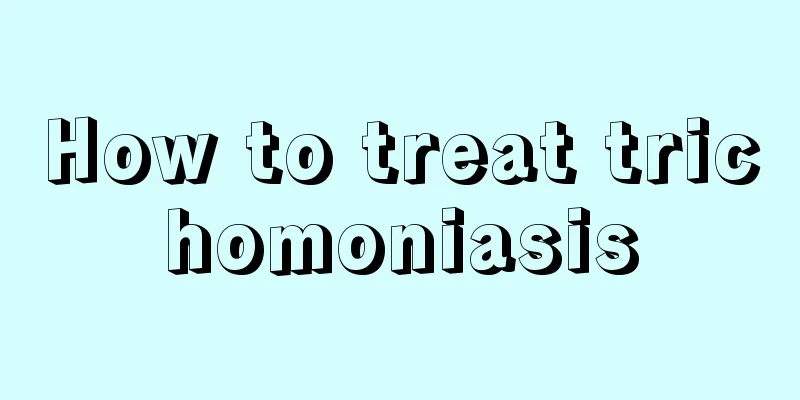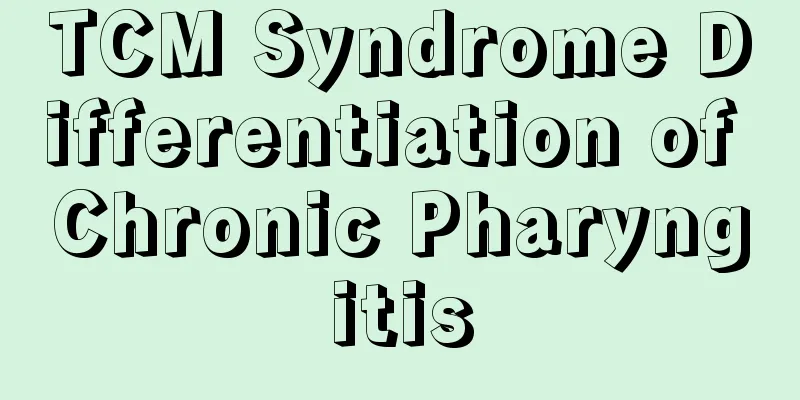Hypertensive nephropathy
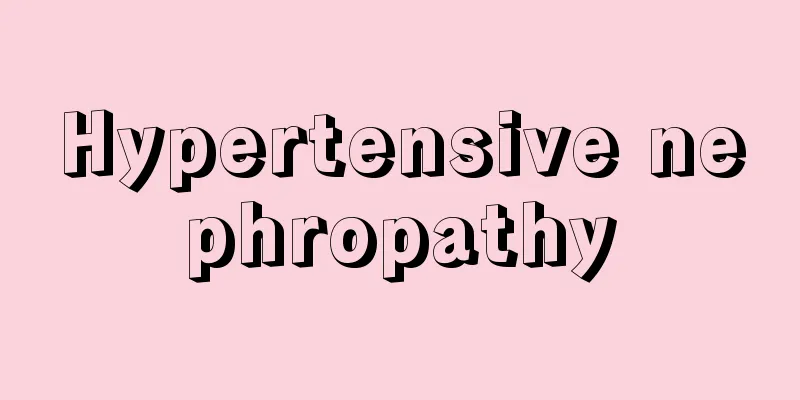
|
Speaking of hypertensive nephropathy, I believe many people will feel very unfamiliar with it. In fact, hypertensive nephropathy is a disease caused by primary hypertension, which is mainly manifested by edema and symptoms such as renal failure. The main patients of this type of disease are middle-aged and elderly people aged 40 to 50. So what is the treatment for hypertensive nephropathy? Hypertensive nephropathy is an extremely harmful disease. Therefore, if you have suspected symptoms of this disease, it is best to go to the hospital for examination and treatment in time, otherwise it may easily lead to life-threatening danger. Don't be afraid to see a doctor. Timely treatment is the most critical. Below I will give you a detailed introduction to the disease of hypertensive nephropathy. Hypertensive nephropathy Basic Overview: Hypertensive nephropathy is a disease caused by essential hypertension, including benign arteriolar nephrosclerosis (also known as hypertensive renal arteriolar nephrosclerosis) and malignant arteriolar nephrosclerosis, accompanied by corresponding clinical manifestations of hypertension and renal failure. Most of them have a history of long-term hypertension. The damage to the renal tubules often occurs earlier than that to the glomeruli. There is increased nocturia, decreased urine concentrating function, mild urine changes, mild proteinuria, microscopic hematuria and casts, and other target organ complications of hypertension. Clinical manifestations Severe edema: Edema is often the first symptom, presenting as obvious systemic edema with depression when pressed with fingers. Severe patients may also have pleural effusion and ascites. When there is a lot of pleural effusion and ascites, it may cause dyspnea, umbilical hernia or inguinal hernia. Severe edema is often accompanied by oliguria, hypertension, and mild azotemia. Hyperlipidemia: Blood cholesterol, triglycerides, etc. are significantly increased. Medical history and symptoms Medical history and symptoms of hypertensive nephropathy: Most patients are over 40 to 50 years old, with a history of hypertension for more than 5 to 10 years. In the early stage, there is only increased nocturia, followed by proteinuria. In some cases, transient gross hematuria may occur due to capillary rupture, but without obvious symptoms. Low back pain is often accompanied by arteriosclerotic retinopathy, left ventricular hypertrophy, coronary heart disease, heart failure, cerebral arteriosclerosis and (or) history of cerebrovascular accident. The disease progresses slowly, and a small number of patients gradually develop into renal failure. Most patients with mild renal impairment and abnormal urine routine have malignant hypertension, diastolic blood pressure must exceed Kpa (mmHg), accompanied by obvious cardiovascular and cerebrovascular complications and rapid development of large amounts of proteinuria, often accompanied by hematuria and progressive renal function decline. How to take the medicine Points to note for patients with hypertension when taking medication: 1. Avoid misusing drugs without authorization: There are many kinds of antihypertensive drugs, and their effects are not exactly the same. Drug treatment for patients with hypertension should be carried out under the guidance of a doctor, and treatment should be graded according to the severity of the disease and individual differences. 2. Avoid lowering blood pressure too hastily: Once some people find out they have high blood pressure, they want to lower their blood pressure immediately and increase the dosage of medication at will, which can easily lead to accidents. 3. Avoid single medication: Except for mild or newly developed hypertension, try not to use single medication. Use combination medication and compound treatment. 4. Avoid taking medicine without measuring blood pressure: Some patients do not measure their blood pressure and take medicine based on their own feelings. In fact, the correct approach is to measure blood pressure regularly, adjust the dosage in time, and maintain consolidation. 5. Avoid taking antihypertensive drugs intermittently: Some patients take antihypertensive drugs intermittently. They take a few tablets when their blood pressure is high, and stop taking the medicine immediately when their blood pressure drops. This intermittent medication not only fails to stabilize blood pressure, but may also cause the disease to worsen. 6. Avoid not taking medicine when you have no symptoms: Some patients with hypertension usually have no symptoms and only find out that their blood pressure is high when they measure it. After taking the medicine, I felt dizzy and had a headache, so I simply stopped taking it. Failure to take medication for a long time may worsen the condition, increase blood pressure, and lead to cardiovascular and cerebrovascular diseases. Facts show that asymptomatic hypertension is very harmful. Once discovered, you should take medication under the guidance of a doctor to stabilize your blood pressure at a normal level. 7. Avoid taking antihypertensive drugs before going to bed: Clinically, it has been found that taking antihypertensive drugs before going to bed can easily induce cerebral thrombosis, angina pectoris, and myocardial infarction. The correct way is to take the medicine 2 hours before going to bed. Nursing Nursing for hypertension: 1. Common symptoms include: headache, dizziness, tight neck, fatigue, palpitations, etc. 2. Blood pressure fluctuates greatly with factors such as season, day and night, mood, and level of activity. For example: blood pressure is higher in winter and lower in summer; blood pressure is generally lower at night, and it rises rapidly after getting up and moving around in the early morning, forming a morning blood pressure peak. 3. Precautions: 1. Avoid emotional excitement, worry, sadness, worry, anxiety and other negative emotions as well as tension and fatigue, which can easily cause vasoconstriction, accelerated heartbeat and increased blood pressure throughout the body. 2. Avoid excessive fatigue. Excessive fatigue can aggravate hypertension. You should maintain adequate sleep and reasonable exercise, such as walking and Tai Chi. 3. Avoid overeating. Overeating can easily cause indigestion. At the same time, overeating can cause the diaphragm to move upward, affecting the normal activities of the heart and lungs. 4. Avoid taking drugs indiscriminately. The treatment medications for patients with hypertension vary according to their condition and individual differences. You should take the medicine according to the doctor's instructions, on time and in the prescribed dosage. 5. Avoid dry stools. People with constipation need to hold their breath and exert force when defecating, which will cause a sharp increase in blood pressure. When they relax, their blood pressure will drop sharply, so they should keep their stools open. 4. Diet for patients with hypertension: 1. Eat in moderation: three meals a day, at regular times and in regular amounts, and do not be too hungry or too full. 2. Balanced diet: A variety of foods should be reasonably matched to achieve a balanced diet. 3. Drink water scientifically: Try to drink hard water, such as spring water, deep well water, etc. 4. The diet should be light: The diet should be light, high in vitamins, fiber, calcium, low in fat and cholesterol. 5. Reduce salt intake: control daily salt intake within 2-5 grams. Treatment: On the basis of actively controlling blood pressure with antihypertensive drugs, how to protect kidney function and prevent the occurrence of kidney disease becomes an important issue. The quadruple therapy for kidney activation and repair takes the patient's individual constitution and TCM dialectics as its starting point. The doctor sets up a separate plan for each patient based on the patient's individual constitution, course of disease, and pathology, and makes timely adjustments to the plan based on the treatment stage and individual differences during treatment. It is based on the theory of traditional Chinese medicine and Chinese medicine, and treats patients according to their individual constitutions and disease stages. The main treatment concept is to protect, restore, enhance and strengthen the patient's own immune ability. This therapy is precise and appropriate, and can activate blood circulation, clear away heat, regulate yin and yang, strengthen the body and tonify the kidneys. It focuses on treating both the symptoms and the root causes to prevent recurrence. Hazards: The hazards of high blood pressure are quite serious. If it is not controlled in time, it will damage the renal tubules and cause kidney damage. In severe cases, people will suffer from renal failure, which will cause high blood pressure and cause stroke, heart disease, and even death. It will cause renal osteodystrophy, which makes the bones of the human body fragile. So don't underestimate the harm of hypertensive kidney disease. ① Severe edema occurs, with edema all over the body. When you press it with your hand, it will dent. It is also accompanied by symptoms of decreased urine volume and high blood pressure. ② The production of a large amount of proteinuria indicates that the glomerular filtration membrane has descended, causing a large amount of proteinuria to be lost into the urine. ③ When plasma protein decreases, blood cholesterol and triglycerides will increase. After reading the answer to the question of what is the treatment for hypertensive nephropathy introduced in detail above, I believe that all patients and their families have a general understanding. The harm of hypertensive nephropathy is very serious. It may even lead to chronic diseases such as stroke, heart disease, and even death. Therefore, if you have this kind of disease, you must seek medical attention in time, so that you can get the best treatment for the disease. |
Recommend
What can you eat to quickly treat breast cancer? I will teach you three dietary methods to treat breast cancer
Breast cancer is a killer of women, so how to tre...
What is non-keratinizing nasopharyngeal carcinoma and how can it be treated?
Nasopharyngeal carcinoma can be divided into many...
How can eye sores be eliminated quickly
Eye sores are thick lumps at the corners of the e...
How can liver cancer be transmitted in the late stage
Liver cancer is generally not contagious, but mos...
What are the main methods to cure prostate cancer?
The treatment of prostate cancer is generally bas...
What should we do to prevent breast cancer? Here are 5 foods that can prevent breast cancer
Breasts are an important part of women. Many wome...
The correct way to soak your feet in milk
Soaking feet more often in our daily life is very...
What does sexual disharmony look like
Sexual needs, like eating and sleeping, are norma...
How to effectively cure melanoma
There are many large and small skin hospitals and...
Nine out of ten people have dampness, 8 solutions to help the body get rid of "dampness toxins"
Clinicians have found that most women who visit C...
6 things restaurants will never tell you
Finding a good restaurant and having a good meal ...
The correct way to remove colored contact lenses
Framed glasses can cover the flesh on your face a...
The best part for scraping to remove moisture
Gua Sha is a common treatment technique in tradit...
Corn talcum powder
If you have children at home, you will usually us...
What foods are better for patients with advanced prostate cancer?
Prostate cancer is a very harmful disease. Every ...

